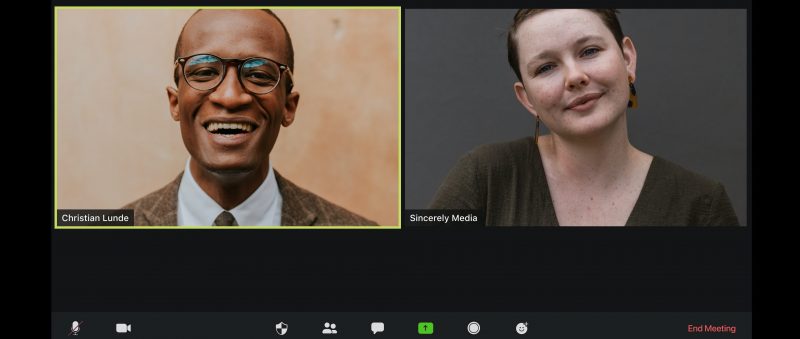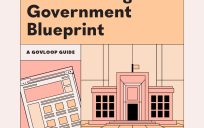Work and home lives are increasingly woven together during COVID-19, and for public sector employees, the new setup presents a shared struggle. Burnout, weight gain, isolation – all of these are serious side effects of a pandemic that has ravaged the entire U.S. economy and way of life.
The public sector has never seen something quite like this. Government shutdowns have physically locked employees out of their buildings before, forcing some to go weeks without pay, and natural disasters have displaced employees in the past, often requiring tented field offices and massive operational changes until things could get back to normal.
But with COVID-19, the current situation might be the new normal.
“At this point, it’s hard to know what the future’s going to look like,” Angie Smith, HR Expert for the city of Huntsville, Alabama, said. “I think everybody would agree, it’s going to be different going forward, and we are looking at a new normal.”
Smith’s work life changed in mid-March, when Alabama Governor Kay Ivey issued a stay-at-home order. Smith transitioned to part-time work and increasingly adjusted to working from home in the middle of onboarding employees and implementing a new process.
Her story isn’t unique. Millions of government employees have had to adapt as well, some by converting bedrooms into virtual offices and others by reporting to their jobs with masks and new six-foot distancing requirements.
These were the topics of GovLoop’s recent virtual summit, and specifically the keynote panel on which Smith spoke. Smith and two other government employees from across the country shared their experiences and provided tips on what they’ve learned.
One big challenge in the current environment is that project timelines have been extremely volatile. Smith’s office placed her in charge of implementing a new virtual onboarding system, which had only been in place for a few months prior to COVID-19’s onset, and scaling it up. She had to rapidly transition this system into something that could completely onboard new employees, so they wouldn’t have to interact in person.
For the Veterans Affairs Department (VA), meanwhile, the new normal meant an all-hands-on-deck approach to providing health care to the nation’s veterans and communities.
“All the attention has shifted that way,” Kathleen Glow-Morgan, National Transformation Coach Captain at VA, said.
Morgan said that many projects she has worked on have been put on hold. Instead, she daily has to reprioritize her most important responsibilities, which she keeps track of with a pen-and-paper planner.
In Florida, Angela Sheppard, Diversion Program Manager for the State Attorney’s Office, 4th Circuit, is still reporting to the office once a week. But the bigger change for her has been extended teleworking for the first time.
She said that video and audio tech issues, compounded by background noise, have complicated meetings. Other times, it’s the small things, such as not being able to see peoples’ faces or others logging on without work attire, that make meetings more difficult.
Sheppard said that clients have been patient with her and her office, and she tries to return the same courtesy. After all, that’s the job of public servants, and many constituents are going through the same challenges “or worse,” she said.
All panelists cautioned that concerns about personal well-being are easily put aside in their busyness. With so many demands and an abundance of time at the house, 9-to-5 work can easily seep into personal life after hours or on the weekends. People can also get stuck at the screen, forgetting to take a lunch break or step outside.
“Your time is your time to relax, enjoy and get ready for the next day,” Sheppard said.
As all government employees continue to learn how to cope with unprecedented situations at work, the three speakers all shared thoughts on how to make the best of the tough times.
Smith recommended remembering direct points of contact within organizations, so that time and energy aren’t expended trying to find the right source of information. Sheppard said to show patience and understanding to customers and coworkers who are going through the same thing. And Glow-Morgan recommended sticking to a schedule – getting up at the same time, dressing for work, taking breaks and going for walks.
“Be kind to yourself during these times,” Glow-Morgan said.





I can feel the burn out during thid event but try to catch it up